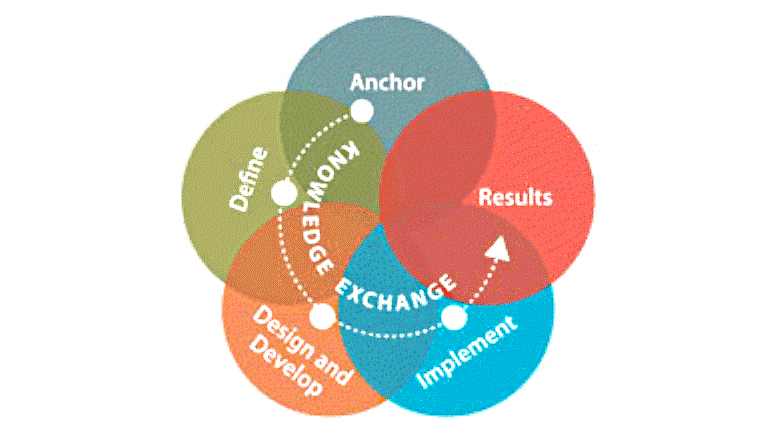The Korean Development Institute and the World Bank, with financial support from the Government of the Republic of Korea and the World Bank, will jointly organize the 2016 FCS Rural CDD Knowledge Exchange. This knowledge exchange will be held for seven days from Monday, Monday 30 to Sunday, June 5 in Daejeon, Sejong, and Seoul, Republic of Korea.
The purpose of the knowledge exchange is to:
- Improve participant knowledge or skills in addressing one or more constraints faced in their program
- Develop a network of practitioners that will continue to exchange information and learn from each other’s programs
Target Audience and Partner Countries: Senior program management and policy makers of various national CDD programs from Afghanistan, Myanmar, Nepal, Kenya, and Philippines. World Bank staff working closely with one or more of the national programs will also participate in the learning event to help facilitate discussions and follow-up on agreed actions.
